Top 10 Most Asked Dental Questions – In-Depth Answers for Patients
Understanding your dental options helps you make informed choices. Whether you're concerned about cost, comfort, or cosmetic results, the best way to start is with a professional dental consultation. Don’t wait until a small issue becomes a big problem.
1. Is Teeth Whitening Safe and Effective?
Yes, professional teeth whitening is both safe and effective when conducted under the supervision of a licensed dentist. Whitening treatments typically use hydrogen peroxide or carbamide peroxide to break down stains on the enamel and dentin. In-office procedures are stronger and can deliver immediate results, often lightening teeth by 5–8 shades in one visit.
Safety Considerations for Teeth Whitening:
- Professional whitening limits the exposure of soft tissues to the whitening agents.
- Dentists assess the condition of your teeth and gums before treatment.
- Temporary sensitivity is common but manageable with fluoride or desensitizing treatments.
What to Avoid for Teeth Whitening:
Unregulated whitening products or DIY methods like baking soda or lemon juice, which can erode enamel.
Duration of Teeth Whitening:
Results typically last 6 months to 2 years, depending on habits like smoking, coffee, or wine consumption.
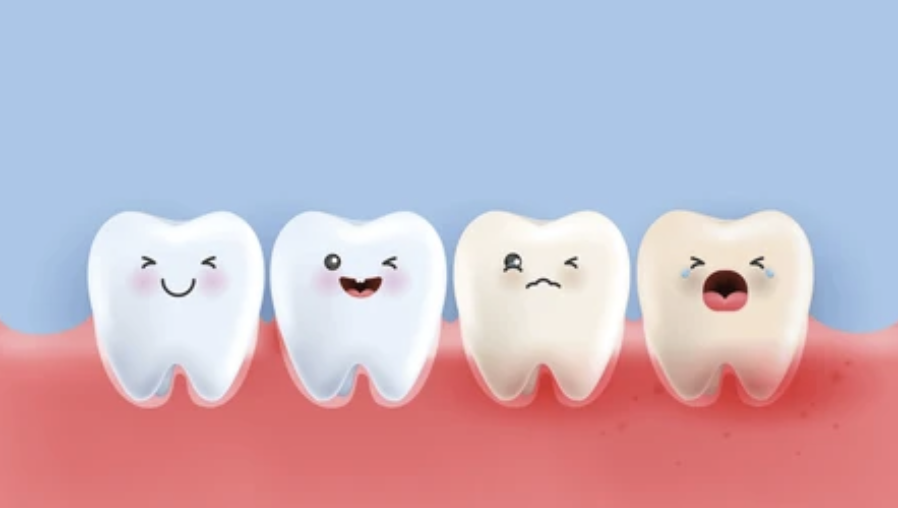
2. Are Dental Implants Painful?
Dental implants involve a surgical procedure, but modern techniques and anesthesia make the experience far more comfortable than patients expect. Most report that post-operative discomfort is mild and manageable with over-the-counter painkillers like ibuprofen.
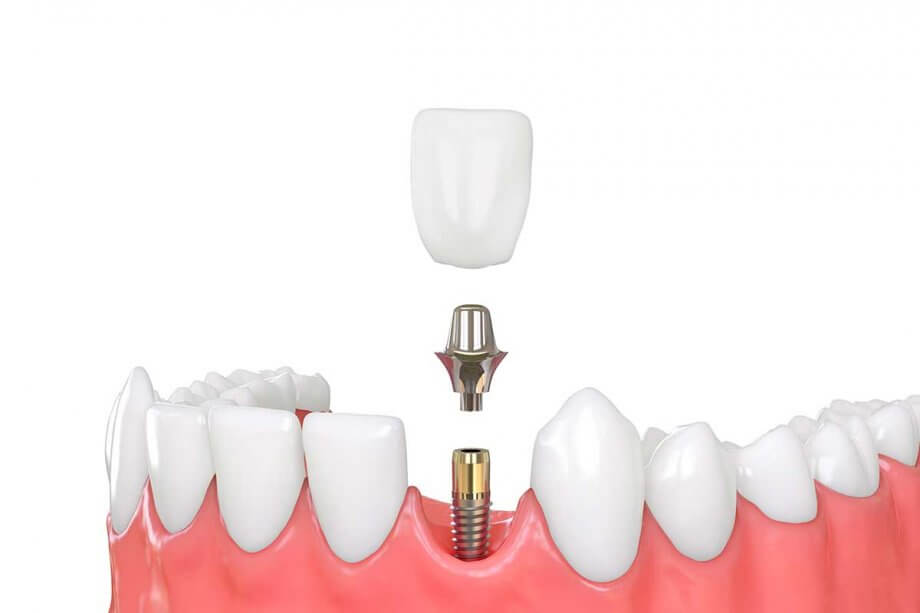
Dental Implant Procedure overview:
- A titanium post is surgically placed into the jawbone.
- Healing (osseointegration) takes 3–6 months.
- A crown is placed once the implant is stable.
Pain timeline after dental implant:
- Day 1–2: Mild to moderate soreness and swelling.
- Day 3–7: Discomfort fades significantly.
- After 1 week: Most patients resume normal activities.
Long-term benefit of dental implants:
Dental implants can last 20+ years and function like natural teeth, making them worth the temporary discomfort.
3. What Is the Best Option to Replace a Missing Tooth?
The best replacement depends on your oral health, budget, and preferences. Main options include:
A. Dental Implants
- Most durable and natural solution.
- Prevent bone loss in the jaw.
- Do not affect neighboring teeth.
- Cost: Higher, but long-term value.
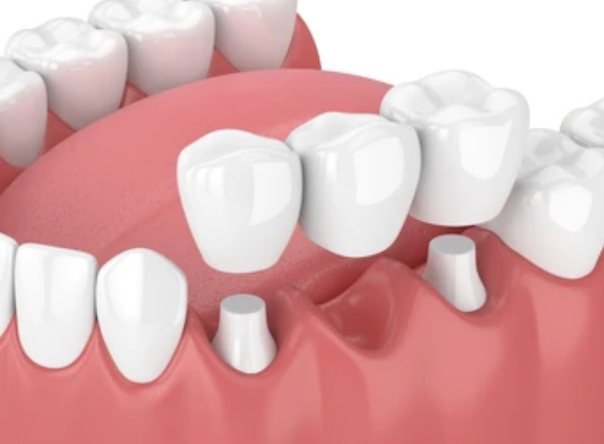
B. Fixed Dental Bridges
- Anchored to adjacent teeth.
- Faster than implants (1–2 weeks).
- Requires shaving down healthy teeth.
- Moderate cost, 10–15 year lifespan.
C. Removable Dentures
- Suitable for multiple missing teeth.
- Affordable.
- May feel less stable and comfortable.
Your dentist will evaluate: Bone density, gum health, bite alignment, and overall oral hygiene before recommending the best solution.
4. How Often Should I Visit the Dentist?
Regular dental visits are essential for maintaining good oral health and catching potential issues early—often before they become painful or expensive to treat.
General recommendation:
Visit your dentist at least twice a year (every six months) for a routine check-up and professional cleaning. However, the frequency may vary depending on your oral health status.
You may need more frequent dentist visits if you have:
- Gum disease or gingivitis.
- A history of cavities or tooth decay.
- Undergoing orthodontic treatment (e.g., braces or aligners).
- Conditions like diabetes or dry mouth.
- Smoking or tobacco use habits.
What happens during a dental check-up:
- Examination for cavities, plaque, and tartar.
- Gum health evaluation.
- Oral cancer screening.
- Professional cleaning to remove tartar and polish teeth.
- X-rays if needed for deeper insight.
Benefits of regular dentist visits:
- Early detection of problems.
- Fresher breath and cleaner smile.
- Prevention of tooth loss.
- Saves money by avoiding complex treatments later.

Don’t wait for a toothache to schedule an appointment—preventive care is always better than reactive treatment.
5. How Long Do Implants, Crowns, or Veneers Last?
Longevity depends on the material used, oral hygiene, and habits like grinding or smoking.
Dental Implants: 20+ years with proper care
Porcelain Crowns: 10–15 years
Zirconia Crowns: Up to 20 years
Porcelain Veneers: 7–15 years
How to extend lifespan for dental work:
- Maintain excellent oral hygiene.
- Avoid chewing on ice or hard objects.
- Wear a night guard if you grind teeth.
- Get regular dental checkups (every 6 months).
6. What Can I Do to Treat or Prevent Gum Disease?
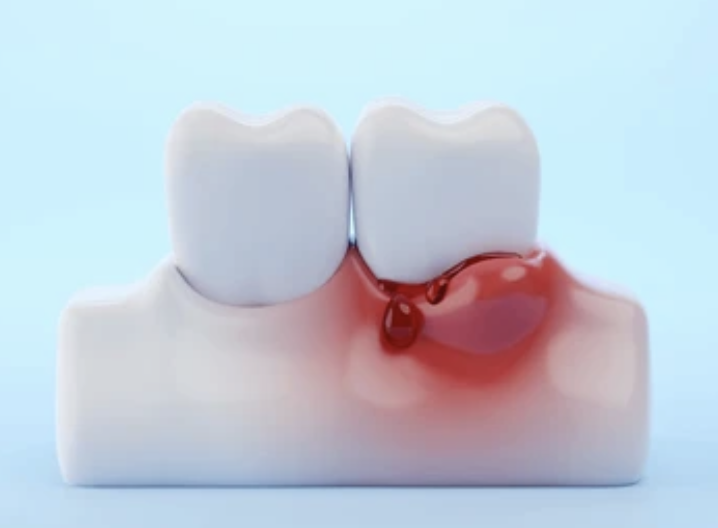 Gum disease (periodontal disease) is caused by plaque buildup, which leads to inflammation, infection, and bone loss if untreated.
Gum disease (periodontal disease) is caused by plaque buildup, which leads to inflammation, infection, and bone loss if untreated.
Gum Disease Signs include:
- Red, swollen, or bleeding gums.
- Persistent bad breath.
- Gum recession or loose teeth.
Gum Disease Prevention tips:
- Brush twice daily for 2 minutes.
- Floss or use interdental brushes daily.
- Quit smoking.
- Visit your dentist regularly for cleanings.
Gum Disease Treatment options:
Mild cases (gingivitis): Improved home care, professional cleaning.
Moderate cases: Deep cleaning (scaling and root planning).
Severe cases: (surgery or laser therapy).
7. Are Metal Braces Better Than Clear Aligners?
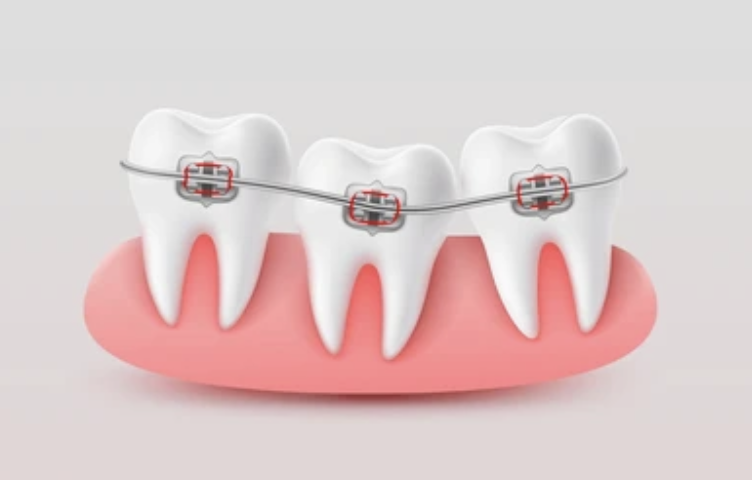 Metal Braces:
Metal Braces:
- Fixed to the teeth.
- Best for complex cases (severe crowding, bite correction).
- Typically more affordable.
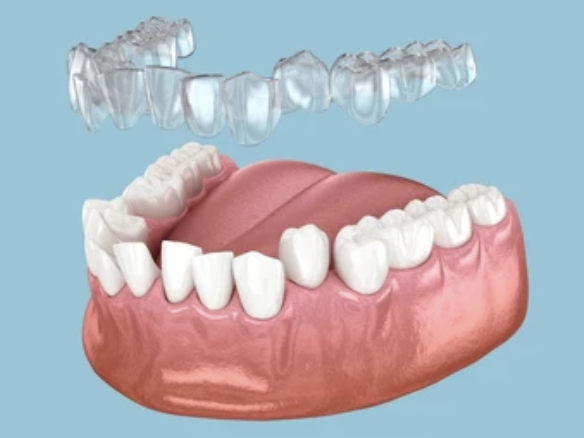 Clear Aligners (e.g., Invisalign):
Clear Aligners (e.g., Invisalign):
- Removable and nearly invisible.
- Suitable for mild to moderate alignment issues.
- More comfortable, but requires discipline.
Treatment time:
8. What Causes Tooth Sensitivity, and How Can I Fix It?
Tooth Sensitivity Common causes:
- Aggressive brushing
- Gum recession
- Tooth grinding
- Acidic diet (soda, citrus)
- Overuse of whitening products
Tooth Sensitivity Treatments:
- Desensitizing toothpaste (e.g., Sensodyne).
- Fluoride varnish at the dentist.
- Bonding exposed dentin.
- Gum grafting (for gum recession).
Avoid:
- Acidic foods.
- Whitening strips without dental guidance.
- Hard toothbrushes.
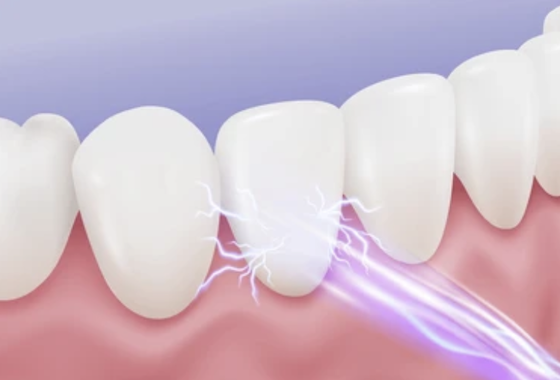
9. Is It Necessary to Remove Wisdom Teeth?
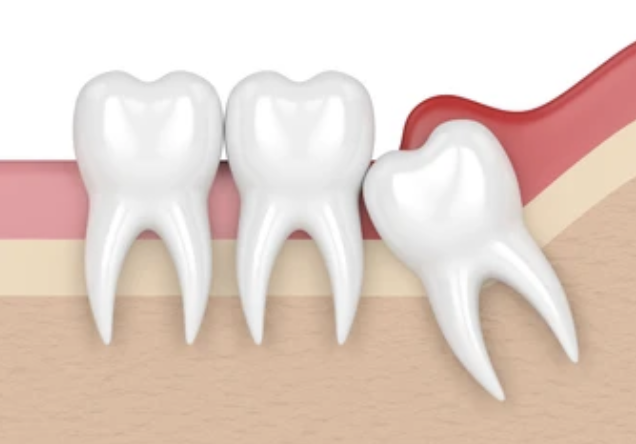 Not always. Wisdom teeth (third molars) should be removed if:
Not always. Wisdom teeth (third molars) should be removed if:- They’re impacted or growing sideways.
- They cause pain, swelling, or infection.
- They crowd other teeth.
When NOT to remove Wisdom Teeth:
- Fully erupted.
- Positioned correctly.
- No signs of decay or gum issues.
10. What Happens If I Don’t Treat a Cavity or Missing Tooth?
Untreated dental problems often worsen over time.
A cavity left untreated can:
- Penetrate deeper into the tooth
- Cause infection and abscess
- Require root canal or extraction later
A missing tooth left unreplaced can:
- Cause shifting of nearby teeth
- Affect your bite and jaw alignment
- Lead to bone loss in the jaw
Prevent bigger issues:
- Treat small problems early
- Don’t delay restorations (fillings, crowns, implants)
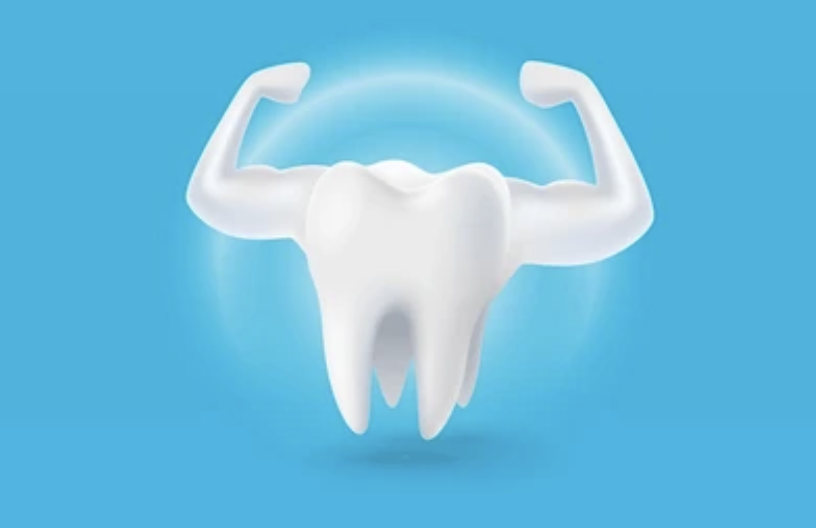 Final Thoughts: Be Proactive About Your Oral Health
Final Thoughts: Be Proactive About Your Oral HealthPublish Date: 13 Jul 2025